Introducing Microsoft Quantum Computing for Developers: Using the Quantum Development Kit and Q#
£32.80
Dive in with this hands-on introduction to quantum computing with the Microsoft Quantum Development Kit and Q# for software developers.
You may have heard about quantum computing, but what does it mean to you as a software developer? With many new developments, a resurgence in interest, and investment by some of the largest tech companies in the world to be the first to market with quantum programming (QP) hardware and platforms, it is no longer a tool in the distant future. Developers are at the forefront, now able to create applications that take advantage of QP through simulations. While the skill is of interest, for many developers, quantum computing and its implications still remains a mystery.
In this book, you will get up to speed exploring important quantum concepts and apply them in practice through writing actual quantum algorithms, using the Microsoft Quantum Development Kit. Theoretical knowledge about quantum physics, such as superposition and entanglement, will be used to explain quantum computing topics, including quantum gates, quantum circuits, and quantum algorithms. Finally, take a tour of the new Azure Quantum.
Use Q#, Microsoft’s new programming language, to target quantum hardware. You will select your supporting language of choice, either C# or Python, to begin writing your quantum applications. Combined with just enough theoretical preparation, you will learn how to get your computer ready to simulate basic quantum programs using Microsoft Visual Studio or Visual Studio Code and Q#.
What You Will Learn
- Get up to speed on the platform-independent quantum tool set using the Microsoft Quantum Development Kit simulator and Visual Studio Code or Microsoft Visual Studio
Know the basics of quantum mechanics required to start working on quantum computing
- Understand mathematical concepts such as complex numbers, trigonometry, and linear algebra
- Install the Microsoft Quantum Development Kit on a Windows or Linux PC with Visual Studio Code or Microsoft Visual Studio
Write quantum algorithms with the Microsoft Quantum Development Kit and Q#, supported by C# or Python
- Discover insights on important existing quantum algorithms such as Deutch, Deutch-Jozsa, and the fun CHSH-game
- Get introduced to quantum as a service using the Microsoft Azure Quantum preview cloud offering
Who This Book Is For
Developers who are interested in quantum computing, specifically those software developers who are planning on using quantum computers in the future. Basic imperative programming knowledge is useful to understand the syntax and structure found in the Q# programming language. Knowledge of Microsoft C# or Python is not required since these languages are only used to support the simulation of Q# on a classical computer.
Read more
Additional information
| Publisher | Apress (8 Dec. 2021) |
|---|---|
| Language | English |
| File size | 42420 KB |
| Text-to-Speech | Enabled |
| Screen Reader | Supported |
| Enhanced typesetting | Enabled |
| X-Ray | Not Enabled |
| Word Wise | Not Enabled |
| Sticky notes | On Kindle Scribe |
| Print length | 495 pages |

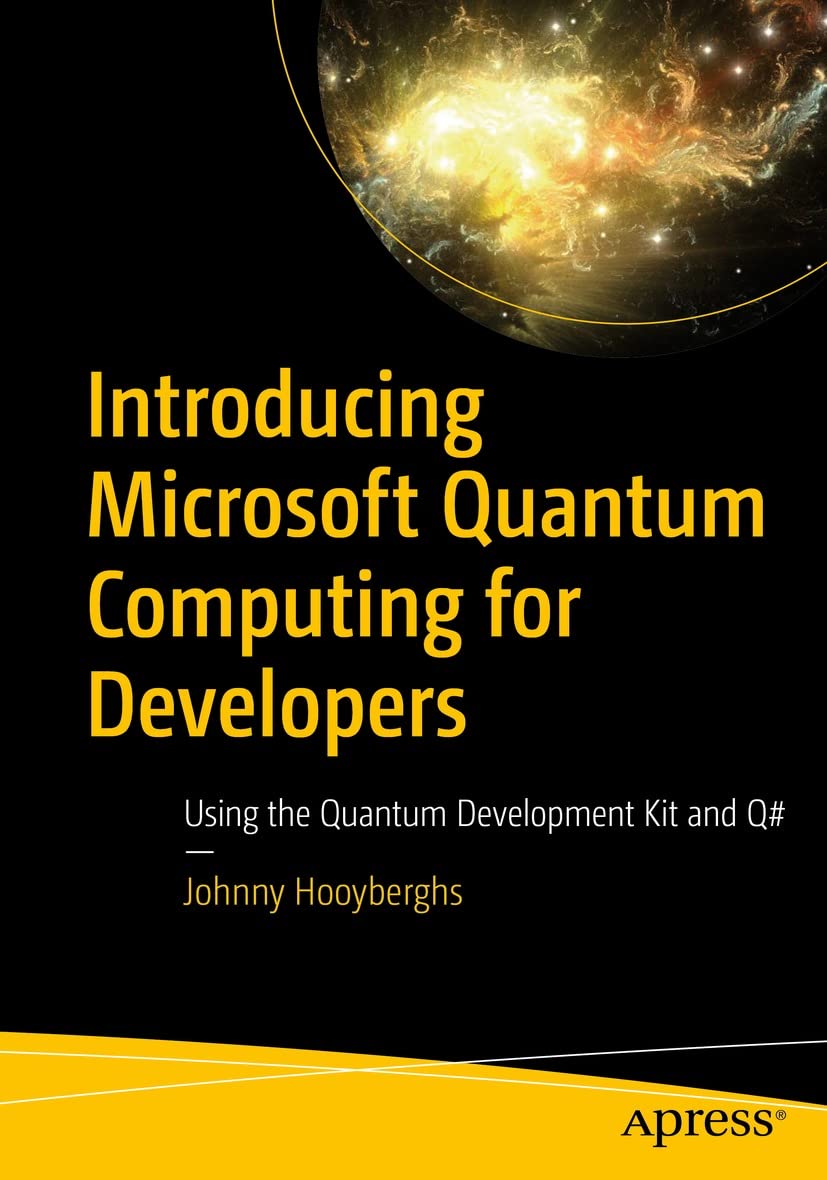
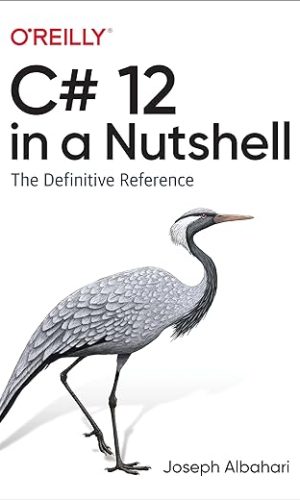
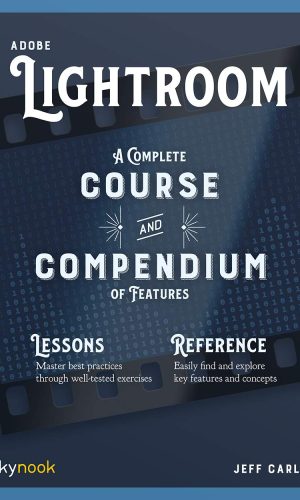

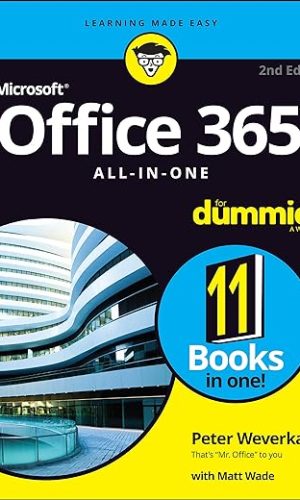
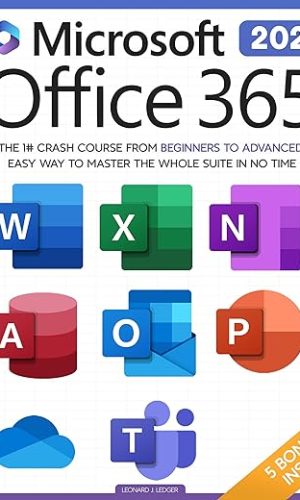

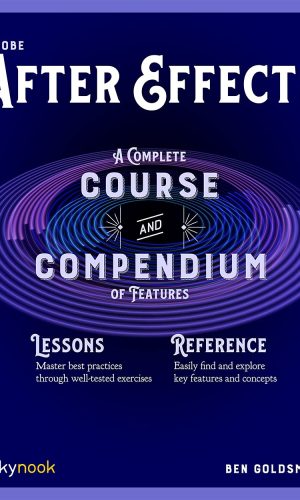

by Mr. M. M. Smith
Engrossing and informative – what does let the book down somewhat is that it could have done with some better proof reading/editing – some of the grammar etc could do with revision – but that personally doesn’t bother me
by growe
This is a clear explanation of both quantum computing and using Q# to develop quantum programs with Microsoft. There are a few typos and grammatical errors that should have been caught in editing.
A much more serious problem, however, is that the matrix multiplications in Chapter 3 are almost all wrong, in the sense that the products are given in the wrong order. Oddly enough, in Appendix III, the explanation of matrix multiplication is correct, but when quantum gates are explained in Chapter 3, the products are given as (column vector)x(square matrix), when the correct order is (square matrix)x(column vector).
The source code for the book’s example programs does not seem to be available for download. I checked the Apress site and the author’s personal github site, but couldn’t find any links to the source code.